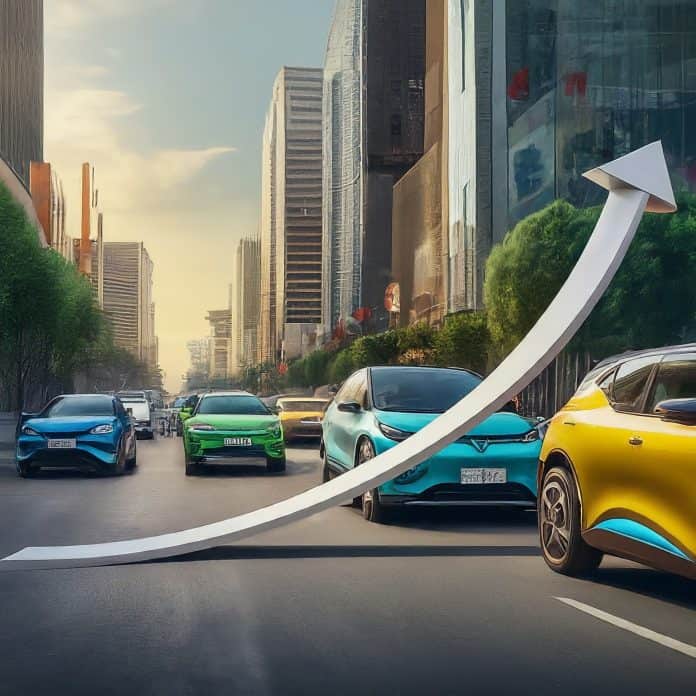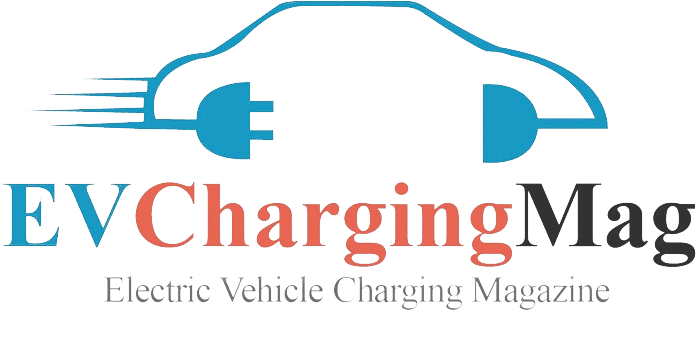The electric vehicle (EV) market is revving its engine for a massive expansion, with the Asia Pacific (APAC) region positioned to be the key driver. A recent report by Technavio, a leading technology research and advisory company, forecasts a global market growth of USD 343.01 billion from 2024 to 2028, translating to a significant 13.51% Compound Annual Growth Rate (CAGR).
APAC: A Booming EV Hub
The report identifies APAC as the dominant player, holding the largest market share in 2023 and projected to witness a staggering 47% increase by 2028. This dominance stems from several factors:
- Environmental Concerns: Growing awareness of climate change and air pollution is prompting a shift from internal combustion engine (ICE) vehicles to cleaner alternatives.
- Stricter Regulations: Regional governments are implementing stricter CO2 emission standards, further accelerating the replacement of ICE vehicles with EVs.
- Heavyweight Investment: Major automakers like Ford, Stellantis, BYD, Mahindra, and SAIC-GM-Wuling are channeling resources into R&D for EVs and Fuel Cell Electric Vehicles (FCEVs), utilizing cutting-edge technologies like solid-state batteries and fuel cells.

Global Push for Electrification
The EV revolution isn’t limited to APAC. The report acknowledges the significant rise in global EV sales in 2020, with new car registrations skyrocketing. This trend is expected to continue, with projections placing the global EV market value at a staggering USD 802.8 billion by 2027. Factors fueling this global growth include:
- Sustainability Initiatives: Governments worldwide are enacting policies and offering stimulus packages to encourage EV adoption.
- Shifting Priorities: OEMs are prioritizing the development of more efficient EVs, focusing on innovative technologies like solid-state batteries and FCEVs.
- Zero-Emission Goals: Many countries are setting ambitious targets for transitioning towards electric car fleets, further boosting demand for EVs.
Challenges and Opportunities
Despite the positive outlook, challenges remain. Reducing the carbon footprint of EV production and addressing the environmental concerns surrounding lithium-ion batteries are areas demanding solutions. In addition, stricter emission standards continue to phase out petrol, CNG, and LPG vehicles, pushing for an accelerated decarbonization of transportation.

